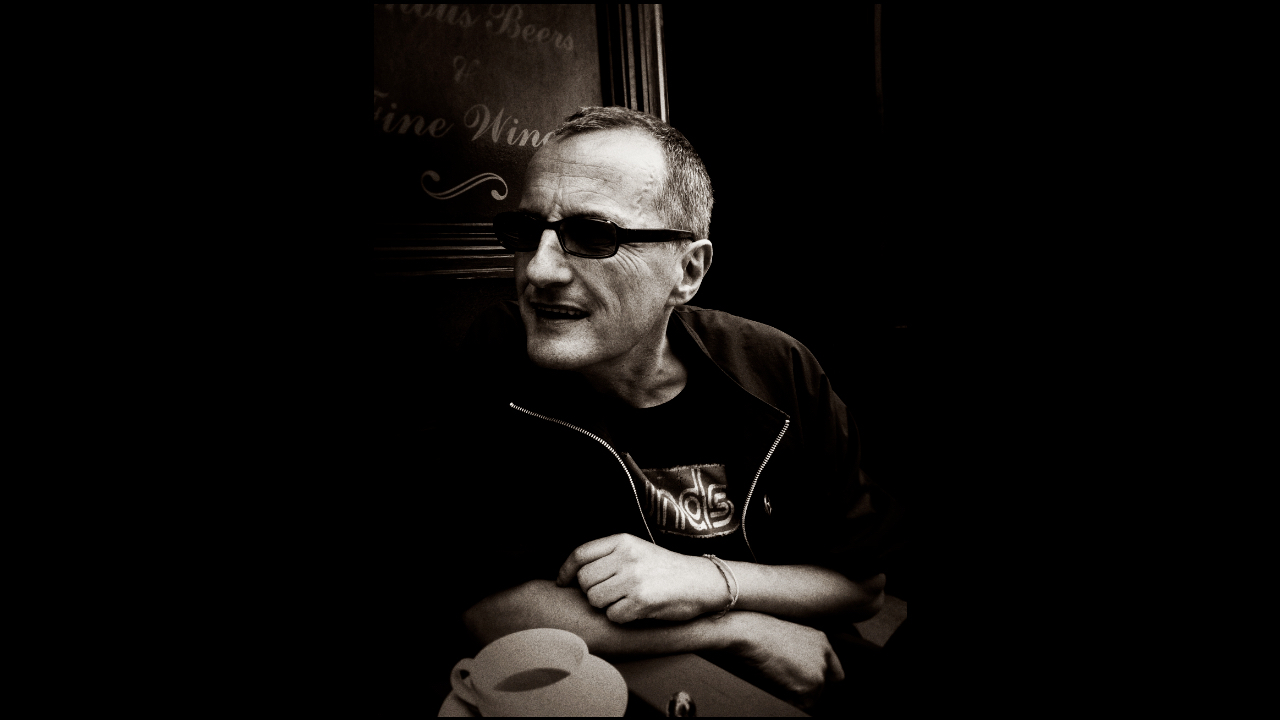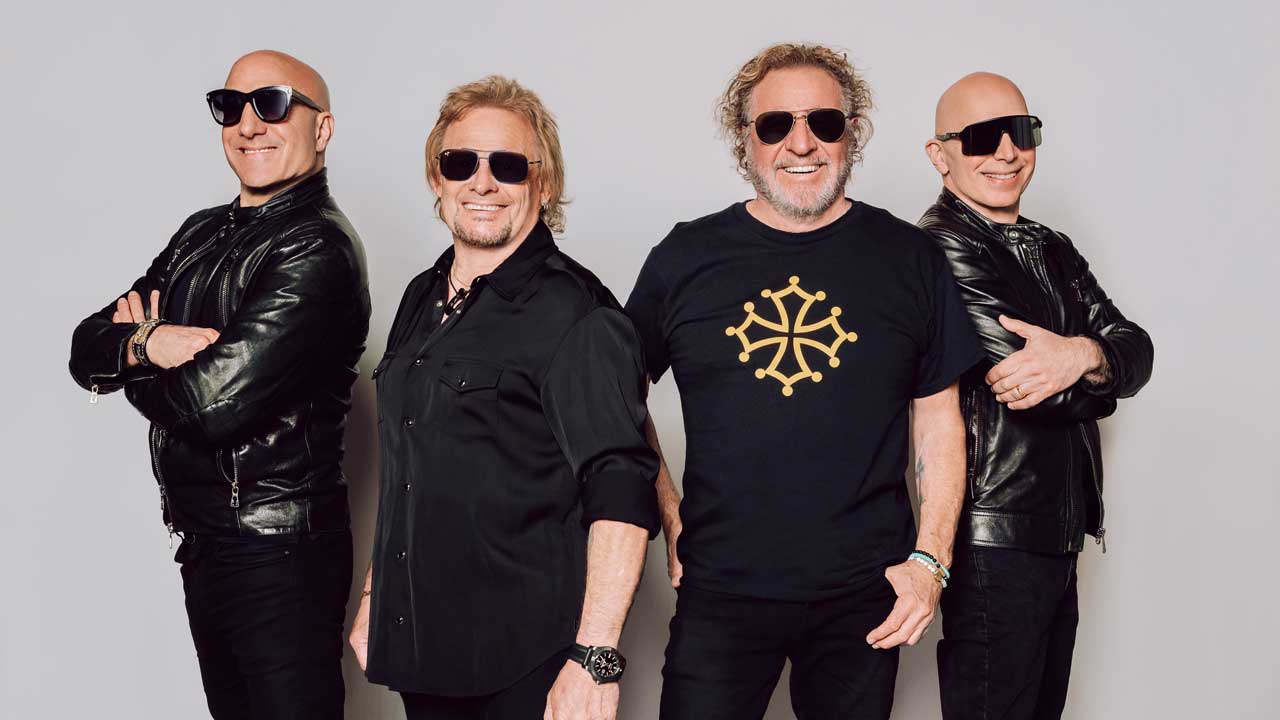“Iggy ran from one side of the stage to the other and head-butted the wall. I was covered in blood, because he’d come up and danced around me”: The Pretty Things singer Phil May’s wild tales of Hendrix, Zeppelin, Iggy Pop and Judy Garland
Late Pretty Things singer Phil May was mates with Hendrix and Page, a rival of the Stones and an accidental drinking buddy of Judy Garland
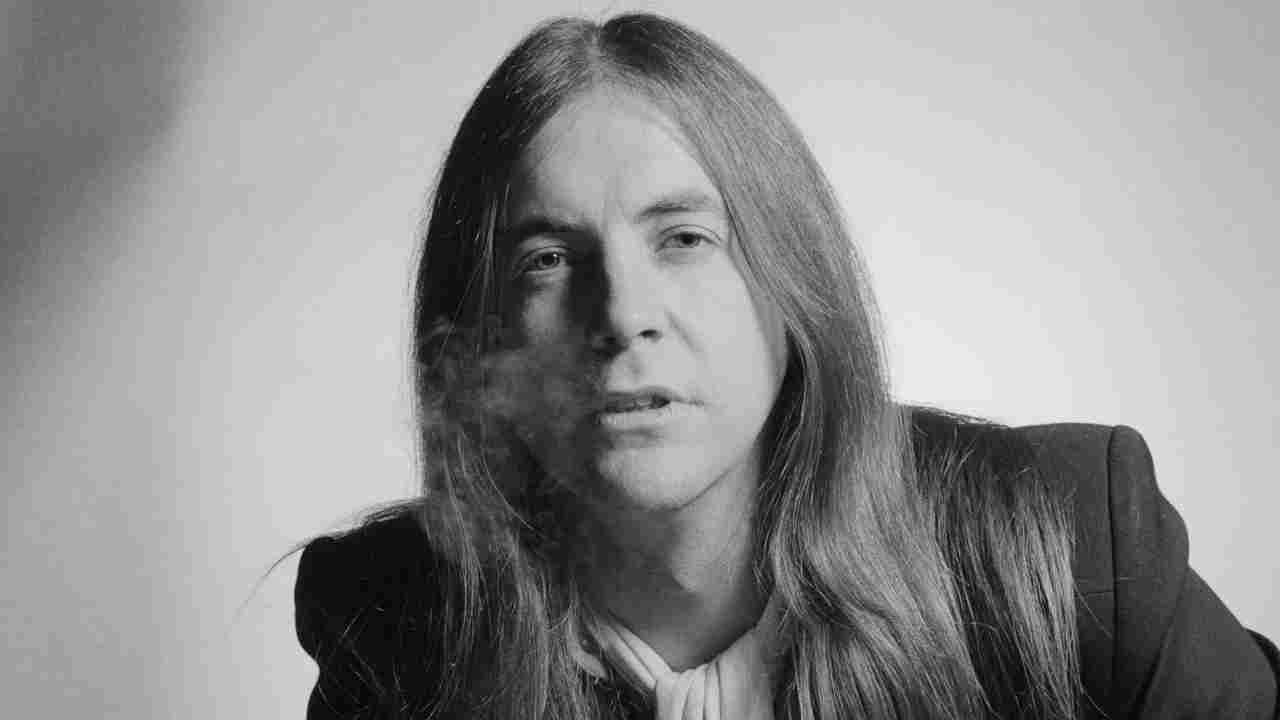
Before Led Zeppelin, The Who or even the Rolling Stones arrived on the scene, British band the Pretty Things were the acknowledged perpetrators of mayhem, outrage and general carnage. Musically and visually they were well ahead of their time. In the early 60s their hairy visages constantly graced the pages of the tabloids alongside sordid tales of debauchery that would make Mick’n’Keith blush. In 2008, late frontman Phil May sat down with Classic Rock to share stories of some of the more memorable characters he met along the way.

Brian Jones
He lived with us at the notorious house in Chester Street. It was weird, because Brian and Viv [Pretty Things drummer Vivian Prince] had this love/hate relationship. I liked Brian a lot, but he was his own worst enemy, very paranoid. And of course he had the ignominity of being dropped off at the enemy’s house every night after gigs. I didn’t know it, but at the time the big thing in school playgrounds was that you either had to be into the Rolling Stones or the Pretty Things, you couldn’t like both. And their original manager, Andrew Oldham, played on the rivalry, as he couldn’t handle the fact that we got the publicity for being uglier, noisier and more unruly. So Brian was literally sleeping with the enemy.
We went out a lot, and we’d be walking through the markets in the early hours of the morning and the old fellers on the fruit and veg stalls would shout out: “Alright, Brian! Alright Mick!” And Brian would run over to them and say: “No, no that’s not Mick, that’s Phil. He’s from another group.” He wouldn’t even say our band’s name.
One night Brian came back from a gig and we were playing 5x5 and really enjoying it; everybody’s really stoned and laughing. As Brian walked in, he thought we were taking the piss out of the record. For some reason he had this ukulele, and he ran over and smashed it over Viv’s head. Of course, Viv didn’t really notice as he was semi-unconscious anyway. After that Brian melted down all our records and stuck them all over the house. He did have a tough time living at our house. When the Stones weren’t around he was very friendly, but I think he felt he had to maintain this strange stance around them and us.
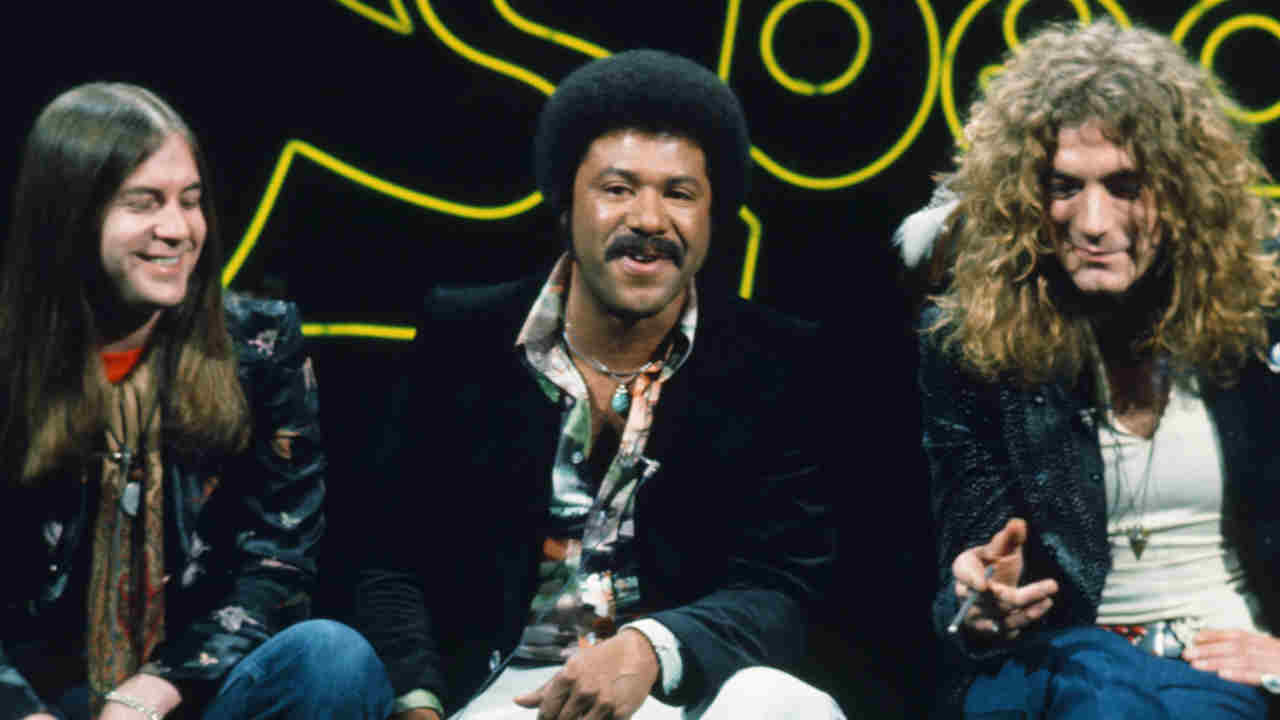
Led Zeppelin
I first met Jimmy Page around Demark Street; he was doing sessions. He first played with us when Bobby Graham was producing the second album and he bought Jimmy down to some of the sessions. He co-wrote the opening track on the album called You Don’t Believe Me. We kept in touch over the years, and that’s why when Zeppelin formed the Swansong label Jimmy and Robert approached me. They were very conscious that they didn’t want it become a big stars vehicle and just use the Zeppelin name. They were very insistent that they controlled the artist roster.
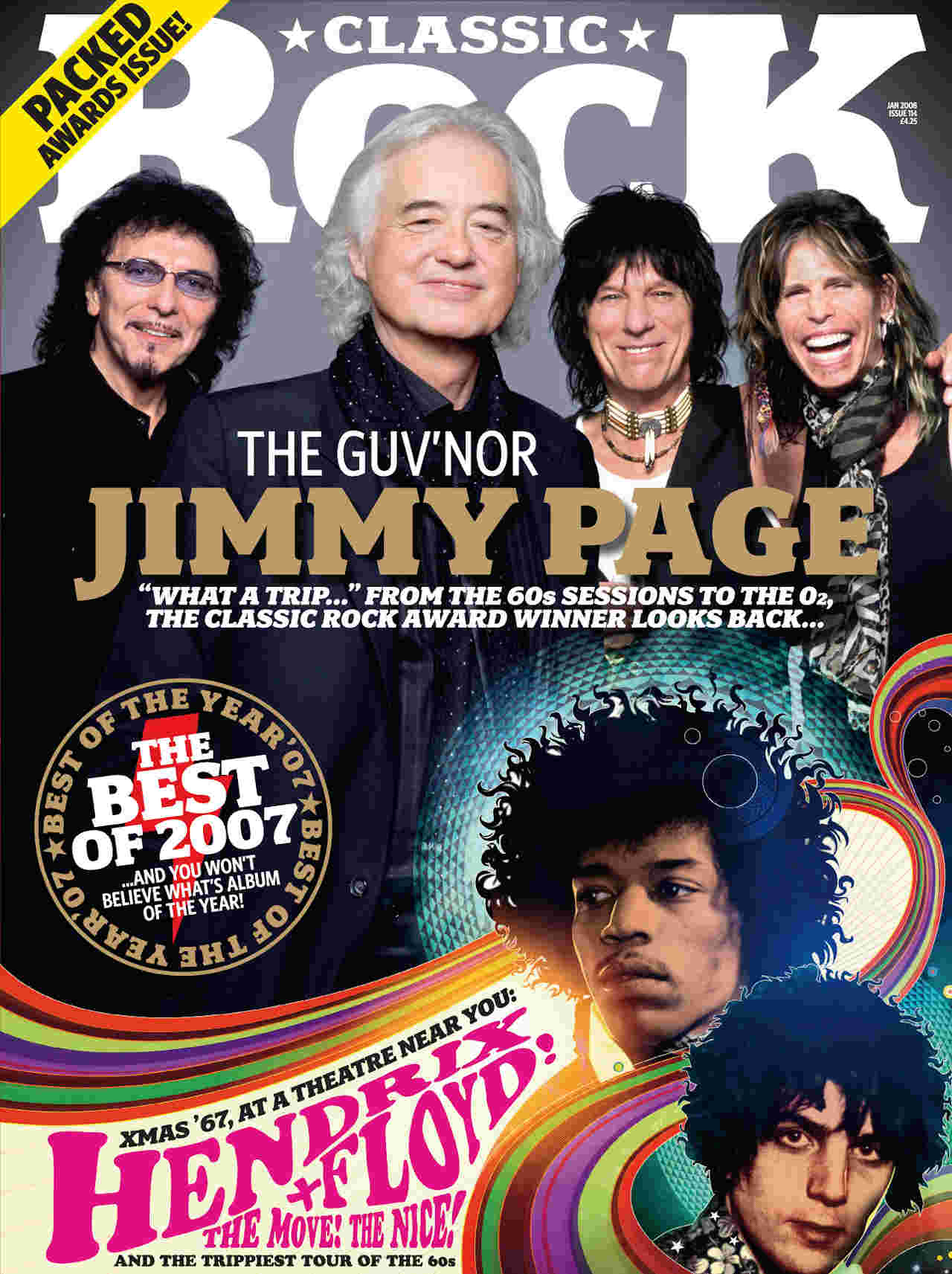
I actually had earlier dealings with Peter Grant. He was like a father figure. Extraordinary. He was incredibly caring and careful about his acts. I remember when we went to play for [promoter] Bill Graham in San Francisco. I’m sure that Bill doesn’t normally come to bands’ soundchecks at three in the afternoon, but there he was and he immediately ran over and said: “Is everything okay? Food okay? Do you have towels and showers etcetera?” I said: “Bill, what’s the matter? This isn’t how we are normally treated.” And he said: “I had your manager [Grant] on the phone, and he said that if everything wasn’t okay I’m in big trouble.” Bill desperately wanted Zeppelin to play this show at Candlewick Park, and he flew Peter out there and put this little English tea table on the middle of the stage, served tea and cream cakes and even had a maid in a little outfit. Peter sat down, had his tea and cake, looked up at Graham and said: “That’s very nice, but you’re not fucking getting Zeppelin,” and then got up and flew home.
John Bonham loved the Pretties, and any time we recorded a track he insisted on getting a copy. We had the album when we were staying at the Hyatt House and Bonzo was in the penthouse suite. And the Hyatt had a balcony that went all the way around the penthouse, with big, 20-foot sliding doors. When you pushed the doors they’d hit this rubber buffer and come back, and after about three or four minutes they’d close again. So we’re listening to the album on the balcony and suddenly the doors closed; it was like someone had turned the record off. Bonham was furious. He just turned round and put his foot through the massive plate glass doors. They shattered and splintered everywhere. And he just calmly turned around and said: “That’s better. Now we can listen to the rest of the fucking album!”
Jimi Hendrix
I met Jimi quite a few times. I got quite friendly with him as we kind of shared a girlfriend – the beautiful black Beverley – who had this absolutely fantastic apartment, which I think was provided by an Arab prince. I saw Jimi there quite a bit.
My story with Jimi is that we were playing together in Paris at a university. Jimi had never been to France, and the whole Hendrix experience was very new. I sort of wound him up about how much the French would fall on their knees in reverential disbelief when they saw him. We went on first and there were about 6,000 people there. Poor old Jimi went on, and after about two numbers he cleared the place [laughs]. I don’t think he ever trusted me again. Of course, a couple of months later he went down a storm. But that’s the French: they need to be told when something is hip.
I saw him about two weeks before he died, and that was at the usual sort of venue – in a kitchen at a party. Jimi was strange, because he was one of those people that until he plugged in he almost seemed half asleep. He didn’t say a lot, he communicated with body language. I wasn’t shocked when he died, because the last time I saw him he seemed quite low, and I always remember backstage after a show, the better the gig was, the more down he was; it left him nowhere to go.
Nancy Spungen
We pulled Nancy when she came to one of the gigs.. This was long before she met Sid Vicious. We ended up in her swimming pool, because her parents had apparently gone away for the weekend. Unfortunately they turned up a day early and found us sitting around the pool naked, taking drugs. Appalled, they asked Nancy: “Who are those terrible people sitting by the pool?” And she replied: “It’s the Pretty Things.” And their response was: “Oh god, they look even worse than you.”
The White Stripes
Their tour manager was a big Pretty Things fan, and Jack [White] asked him to invite us to meet them when they played at Alexandra Palace. Jack is a lovely, talented man. And he was really interested that we had recorded our latest album on original analog equipment. It was quite an insight to watch Jack at work from the side of the stage. I hadn’t seen him live and I kind of expected there would be a couple of other musos on stage to fill in. It was quite extraordinary to see him do it all on his own with Meg. There isn’t any comparison musically, but there’s a kind of Bolanesque quality about him. Bolan used to have that kind of rapport with audiences, although I don’t think that Bolan had the depth or feel for music that Jack has. Jack is a man of the times. Anything he puts his hand to has that certain distinct stamp of quality.
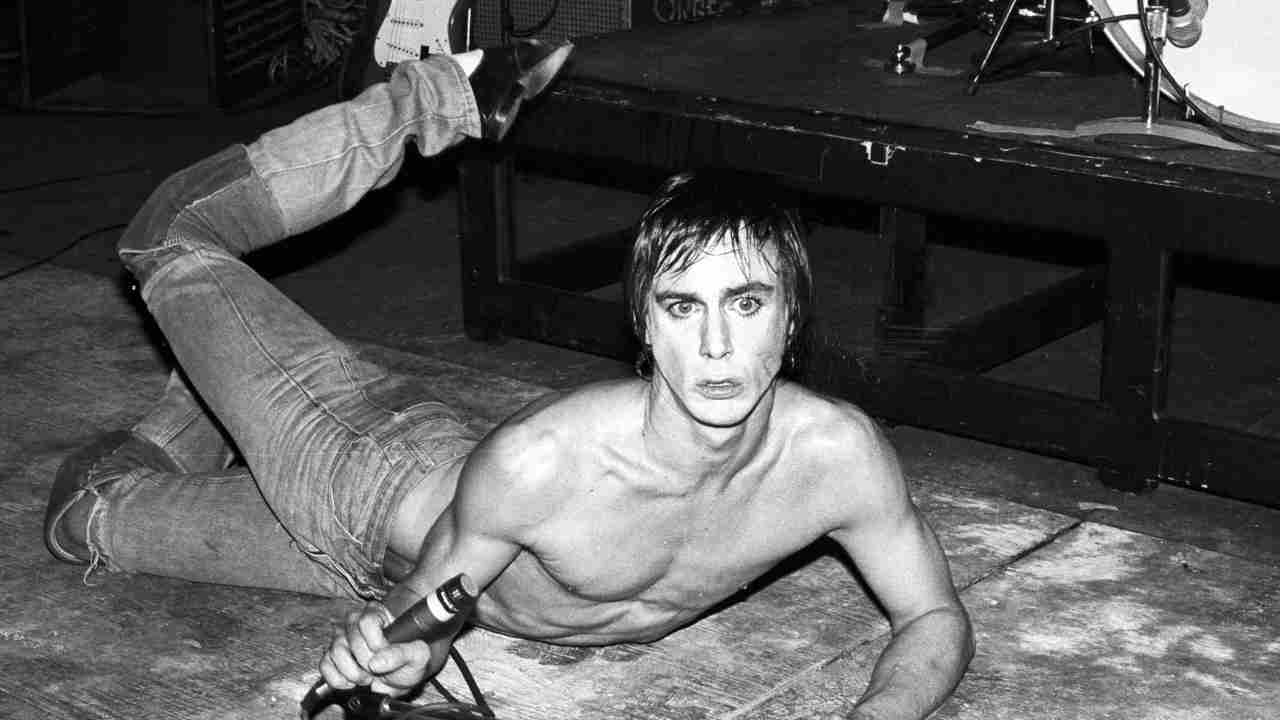
Iggy Pop
During our Led Zeppelin years, the Pretty Things played at an infamous LA venue called the Roxy. Iggy came along. He wasn’t that well known, then but The Stooges were massive fans of The Pretties and we used to hang out together. So Iggy came along, and we thought that he was going to sing. But he didn’t, he just ran from one side of the stage to the other and head-butted the wall! So in the end I’m covered in blood, because he’d come up and danced around me. He’d completely split his forehead open and covered the band in blood and wasn’t even aware of it. With our history of having had two drummers who caused complete mayhem this wasn’t unusual, but it was still strange because I was expecting him to sing along. Instead we got carnage.
Judy Garland & Rudolf Nureyev
Viv Prince, in his fucking madness, said to me: “We’re going out on a double date, you and me.” I said: “Oh right. Who is it?” He said: “Judy Garland, and she’s bringing somebody for you.” So we go down to a club called the Ad Lib, and we’re sitting around and the lift doors open and there’s Judy – a bit gone on the sauce already – and she’s got Rudy Nureyev on her arm. So I say: “Thanks, Viv. Is that what you call a double date?” Nureyev had just defected from Russia and he didn’t speak any English at all.What’s weird is that Rudy was a terrible dancer; his version of the twist was excruciating, nobody wanted to dance with him. Judy had been out drinking with Viv all day and she was very out of it, lifting her dress over her head. It was a wild night.
I’ve always said I wish I could remember what happened after that. I remember leaving the club, but by then the drugs and the booze had taken hold and I don’t remember much else. Everybody wanted to know who slept with whom, but I honestly can’t remember… Wish I could. But that sort of thing happened all the time in those days, because there was no press about. All the bands like us, The Beatles and Stones could do what they want, relax, be themselves with no pressure or scrutiny.
Originally published in Classic Rock issue 114, December 2007
Pete Makowski joined Sounds music weekly aged 15 as a messenger boy, and was soon reviewing albums and doing interviews with his favourite bands. He also wrote for Kerrang!, Soundcheck, Metal Hammer and This Is Rock, and was a press officer for Black Sabbath, Hawkwind, Motörhead, the New York Dolls and more. Sounds Editor Geoff Barton introduced Makowski to photographer Ross Halfin with the words, “You’ll be bad for each other,” creating a partnership that spanned three decades. Halfin and Makowski worked on dozens of articles for Classic Rock in the 00-10s, bringing back stories that crackled with humour and insight. Pete died in November 2021.

